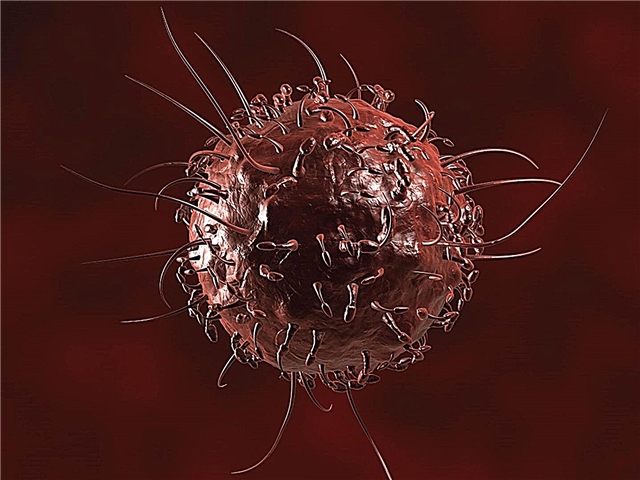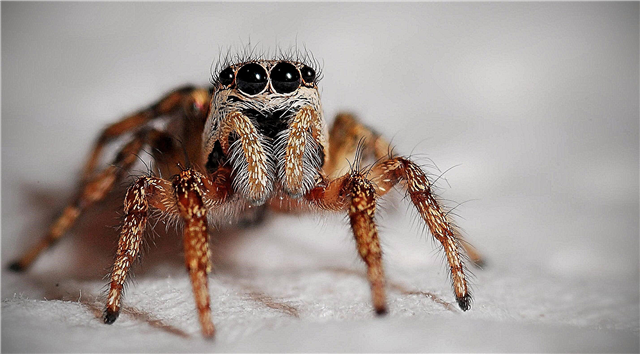
Fruits in the winter season today will not surprise anyone. People willingly buy orange juicy fruits, because unlike the same apples that are not difficult to obtain throughout the year, persimmon appears for only a few months.
Keeping it is problematic, as well as transporting it - it is soft and deteriorates quickly. But despite the transience of the persimmon sale season, some people simply ignore the possibility of buying it. After all, it causes an unpleasant, viscous sensation in the mouth. Why is this happening, and is it possible to eliminate discomfort when eating fruit?
Causes

Persimmon has a complex composition, in which there are many useful substances, vitamins. But in addition, it contains tannin, which enters the mucous membrane of the mouth, causing discomfort. The mucous membrane collapses in contact with the secret, which is secreted by the salivary glands of each person, settles on the mucosa in the form of plaque. At the same time, the substance lowers the activity of the salivary glands, causing a narrowing of the capillaries. Tannin is a tannin, because the whole complex of effects from its ingestion into the oral cavity is natural.
The reaction of people to this stimulus is individual: some are able to ignore this manifestation altogether, as if not noticing it, but in others a sensation of viscosity from persimmons can provoke an attack of suffocation. But does this mean that eating orange fruits should be discarded?
How to get rid of persimmon viscosity?

It is worth noting that not all persimmons knit. There are varieties created just for those who would not want to face a similar phenomenon - Korolek and some others. If you do not want to face unpleasant sensations in your mouth, you should make a choice in their favor. And still not mature persimmons knit - the fruit loses its tannins as it ripens, and at the time of collection they are in the composition is minimum. Thus, it is quite possible to get rid of viscosity by simply making the right choice in favor of ripe fruits belonging to a good variety.
Why do immature fruits appear in stores?
This is primarily due to their presentation and ease of transportation. Unripe persimmon already has its rich orange color, its fruits quickly cease to be green. However, the color does not mean final ripeness - the fruits still remain solid, very elastic and dense. Appearance is deceptive, but many buyers choose those fruits that look better than excessively soft, literally spreading ripe persimmons. But the taste of a beautiful fruit will not please, it will be viscous.
To date, hard breeds of this fruit have already been bred, which do not look like broken or damaged in a mature form. The chocolate variety is not viscous and remains solid in mature form. Non-pollinated fruits, seedless, also practically do not contain tannins, they taste good even immature.
Having bought viscous fruits, and wanting to get rid of their given property, it makes sense to put them for a while to ripen, if they are not ripe. A couple of days in the heat will solve the problem for too hard and not yet tasty fruits.
There is an interesting trick: put the persimmons for ripening in one closed plastic bag with apples or bananas that have already reached their maturity. It turns out that the gas released by these fruits will contribute to the ripening of persimmons, and the tannin will soon decompose in its tissues. There is still the opportunity to process the fruit with boiling water - in just a few minutes, part of the tannin will decompose into glucose, the fruit will become soft, jelly-like.
Interesting fact: in the past, people most often used the method of freezing - because fruits were usually sold right on the street, already in a frozen state. Thawing, persimmon became sweet, softened. You can use this method, but it is worth considering that some of the nutrients will leave the fruit.
Thus, persimmon is knitted due to the presence of tannin in the composition, which has a tanning effect. Knits mainly unripe fruit, with ripening, the concentration of the substance decreases. There are also varieties that do not have this side effect at all.












